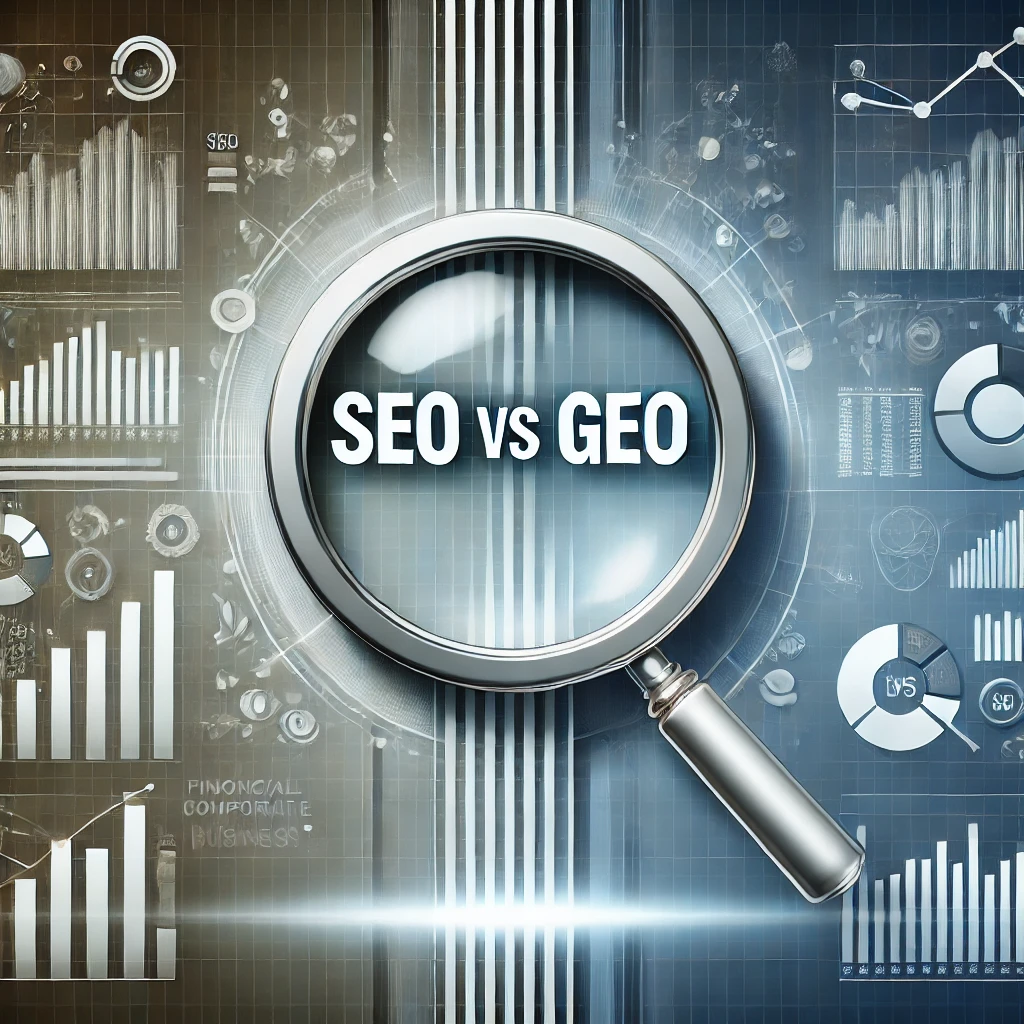GEO vs. SEO: Understanding the Future of Search Optimization
Author
JP Plankinton
Date Published

In 2025, the way people search for information is undergoing a significant transformation. If you've ever used an AI platform to find a specific place or piece of information, you're already part of this evolving landscape. While traditional Search Engine Optimization (SEO) has long been the cornerstone of digital visibility, a new player has entered the field: Generative Engine Optimization (GEO). This emerging approach is reshaping how content is referenced in AI-generated search results, marking a pivotal shift in search technology.
The Evolution of Search
AI-driven searches are fundamentally different from traditional search engines. Unlike conventional platforms that provide a list of relevant web pages, AI search engines offer enhanced features such as direct answer generation and conversational exchanges. These advanced systems use natural language processing to understand the intent and context behind queries, delivering more personalized and precise results.
Traditional SEO methods, while still important, are no longer sufficient in this new era of search. The focus has shifted from purely algorithmic optimization to enhancing the search experience with AI, prioritizing user interaction and satisfaction.
What is GEO?
Generative Engine Optimization (GEO) is the practice of optimizing content for AI-driven search engines and platforms. It combines traditional SEO principles with insights into how generative AI models interpret and rank content. GEO focuses on ensuring that AI systems can effectively synthesize and present information from your content in response to user queries.
Key factors in GEO include:
Contextual Relevance: Ensuring content aligns with the broader context of potential queries
User Intent: Anticipating and addressing the underlying purpose of user searches
Query Fulfillment: Structuring information to provide comprehensive answers to complex questions
Similarities Between GEO and SEO
Despite their differences, GEO and SEO share some common ground:
Discoverability: Both approaches aim to make content easily accessible to users.
Quality & Relevance: Well-written, informative, and engaging content is essential for both SEO and GEO.
User Experience: Enhancing user engagement through valuable content remains a priority, whether optimizing for search engines or AI-driven platforms.
Key Differences: GEO vs SEO
While GEO and SEO share some objectives, they differ significantly in their approach and focus:
Primary Goal: SEO aims to rank web pages in search engine results pages (SERPs), while GEO focuses on having content cited and integrated into AI-generated responses.
Optimization Focus: SEO relies heavily on keywords, backlinks, and technical factors like site speed. GEO, however, emphasizes content structure, context, and the ability to contribute to comprehensive AI-generated answers.
Content structure: GEO requires content to be formatted in a way that's easily parsed and utilized by AI systems, often involving more structured data and clear, concise information.
Intent understanding: While SEO has evolved to consider user intent, GEO takes this further by optimizing for AI systems that can interpret complex queries and provide nuanced, contextual responses.
Conclusion
As AI-powered search continues to grow, with platforms like ChatGPT surpassing traditional search engines in daily queries, businesses must adapt to remain visible in this new landscape. GEO represents the future of online visibility, ensuring that your content is not just found but effectively utilized in AI-generated answers.

In 2025, search engine optimization (SEO) is more important than ever. With evolving Google algorithms, AI-driven personalization, and an increasingly competitive digital marketing landscape, businesses must prioritize SEO strategies to stay visible, attract traffic, and grow online.
